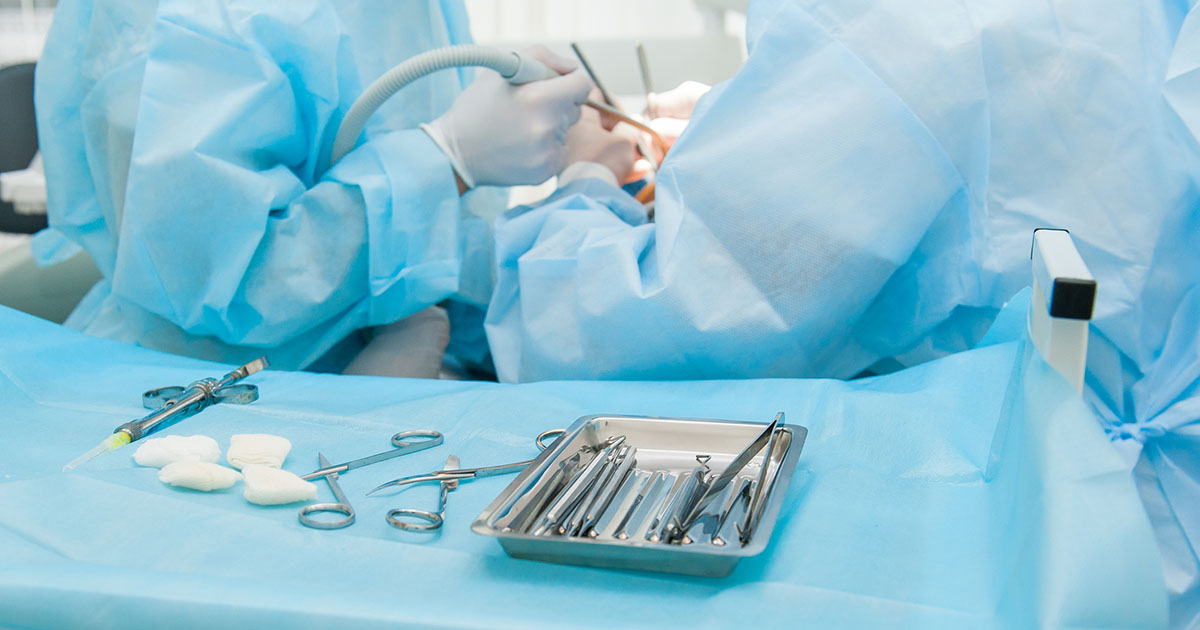Treatment Options For Acute Renal Failure
Foods That Affect The Kidneys

As previously mentioned, patients should avoid foods high in potassium, salt, and phosphorus. Healthy choices patients may opt for to help manage unhealthy levels of potassium are apples, cabbage, green beans, strawberries, and grapes, which all contain a low level of potassium. Foods low in salt individuals should consume include fresh fruits and vegetables and whole grain options. Patients should avoid anything processed or with added salt or sugar, such as frozen dinners, canned soups and vegetables, salty snacks, and processed meats and cheeses due to the high amounts of sodium found in them. Remember, fresh is key when avoiding unnatural salts!
Foods with a lower phosphorus content include almond milk, egg whites, white rice, pasta, or flour-based foods, fresh produce such as blueberries, apples, celery, pineapple, and radishes, and fresh or frozen red meats without breading or marinades. Having a diet lower in phosphorus can be difficult, as it is a mineral found in almost all foods. However, individuals can eat low-level phosphorus foods, such as unsalted crackers for example. Patients should consult their doctor or a dietician to learn what they can and cannot eat on a restricted diet based on their situation.
Kidney Transplant

If dialysis and other treatments do not improve kidney health, often a patient’s last resort will be to have a kidney transplant. If the patient is an appropriate candidate, medical professionals will contact an organ transplant center to arrange an evaluation and to ensure the patient is suitable for this option. Once this step is complete, the search for the right donor with the same blood type commences. In some cases, family members have compatible tissue and blood types, and if they are willing, can donate a kidney. If this option is not available, the patient will be placed on the organ transplant list.
Though it is an effective treatment, a kidney transplant does have some risks associated with it, such as the individual’s body rejecting the foreign organ. The possibility of rejection means patients will need to take anti-rejection medications to reduce the ability of the immune system to fight infection. With any operation, the risk of the patient developing an infection or bleeding out can occur. However, there is hope. A kidney transplant can provide a better quality of life compared to dialysis, and data indicates after one year, ninety-five percent of kidney transplants are still functioning, and after five years, eighty percent of those kidneys are still functioning normally. To learn more about the benefits of organ donation, check out Save A Life Today; Surprising Facts About Organ Donation.
For individuals living with acute renal failure, there is hope, as there are many treatment and lifestyle options available that can improve their situation and hopefully allow them to return to a normal and healthy life!
